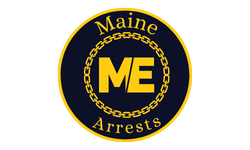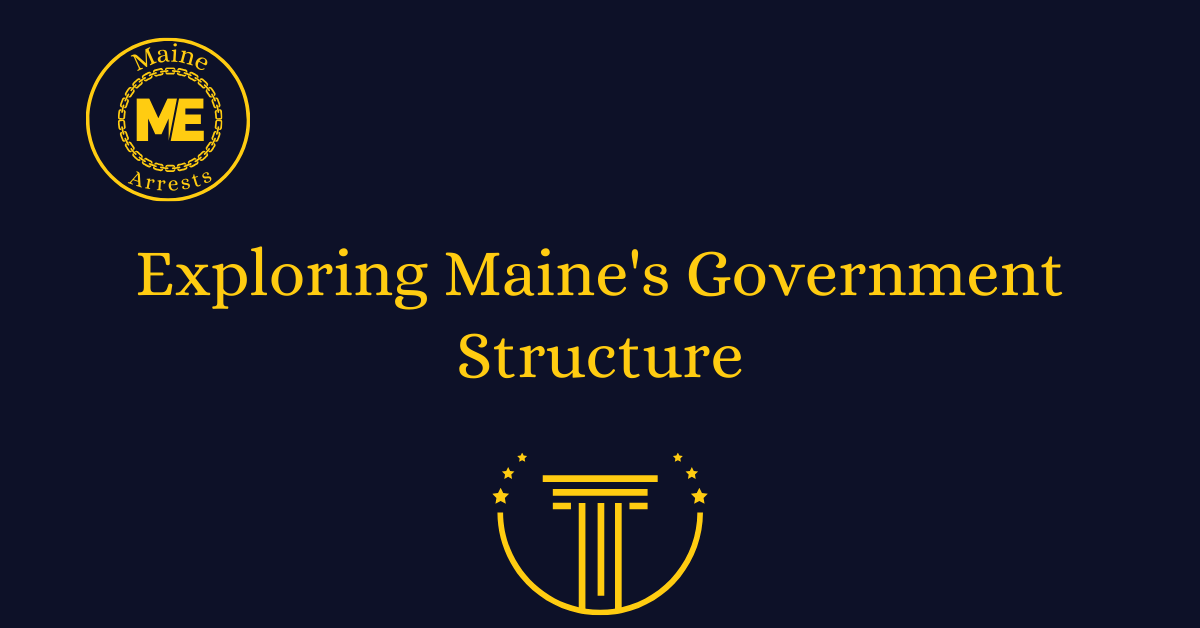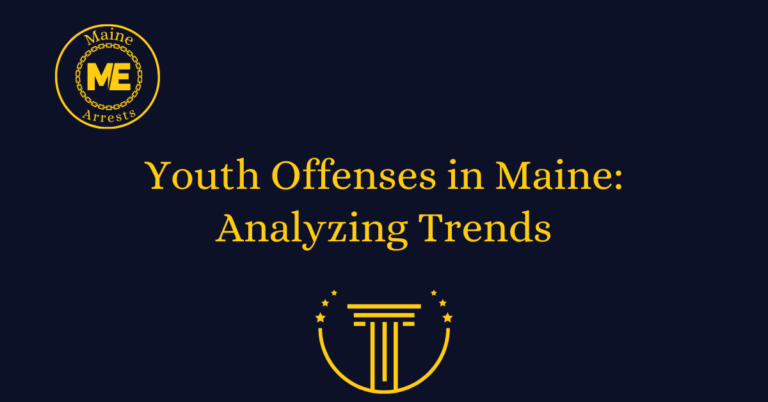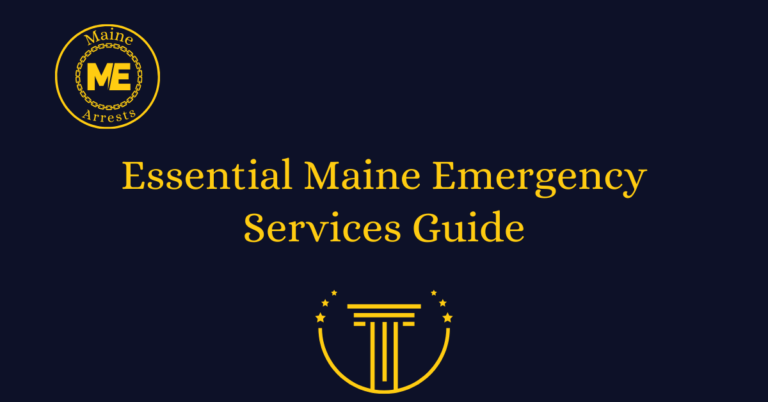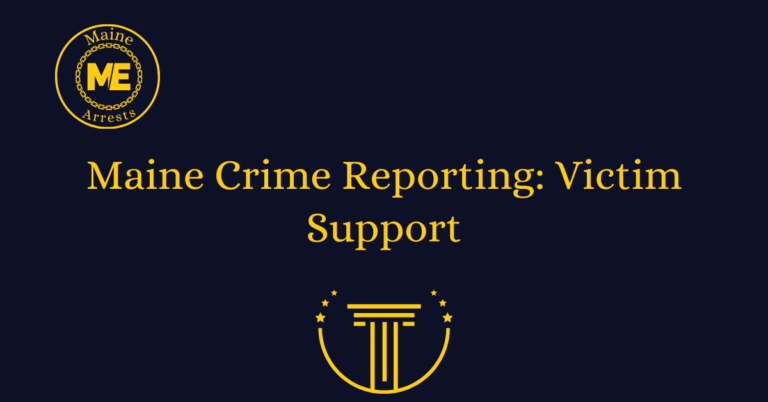Exploring Maine’s Government Structure
Discover the fascinating world of Maine’s government structure, where the roots of democracy run deep and the values of the founding fathers still resonate. From the picturesque coastal towns to the majestic mountains, Maine’s unique political landscape is as diverse as its breathtaking landscapes, and statewide arrest records play a significant role in the judicial branch..
Immerse yourself in the rich history and vibrant culture that shape Maine’s government. Whether you’re a student, a history enthusiast, or simply curious about how this great state is governed, this guide will take you on a captivating journey through Maine’s political institutions, legislative process, and the individuals who lead the way.
Maine’s Government Institutions
Explore the intricate web of government institutions that make up the foundation of Maine’s political landscape. From the executive branch to the judiciary, each institution plays a crucial role in shaping the policies and decisions that affect the lives of Maine’s residents. Discover how these institutions work together to maintain the balance of power and uphold the principles of democracy.
The Executive Branch: Leading the Way
Delve into the responsibilities and powers of Maine’s executive branch, led by the Governor and their team of dedicated officials. Learn about the Governor’s role in implementing policies, overseeing state agencies, and representing Maine on the national stage. Gain insight into the cabinet members who assist the Governor in making informed decisions for the betterment of the state.
The Legislative Process: Making Laws That Matter
Uncover the inner workings of Maine’s legislative process, where laws are crafted and debated. Witness the collaboration and negotiation that takes place within the State Legislature, composed of the Senate and House of Representatives. From bill proposals to committee hearings, understand how ideas become laws that shape Maine’s future.
The Judiciary: Upholding Justice
Step into the world of Maine’s judiciary, responsible for interpreting and applying the law. Explore the structure of the court system, from district courts to the Supreme Judicial Court, and learn about the judges who ensure justice is served. Gain a deeper understanding of how the judiciary safeguards the rights and liberties of Maine’s citizens.
Maine’s Political Leaders: Faces of Change
Meet the individuals who lead the way in Maine’s political arena. From the Governor to local elected officials, discover the diverse voices and perspectives that shape the state’s policies. Learn about their backgrounds, achievements, and the initiatives they champion to make a positive impact on the lives of Maine’s residents.
Public Participation: Your Voice Matters
Engage in the democratic process by understanding how you can actively participate in Maine’s government. Discover the various avenues available for citizens to voice their opinions, from public hearings to grassroots advocacy. Learn how you can make a difference and contribute to the decisions that shape Maine’s future.
FAQs
What is the structure of Maine’s government?
Maine’s government is structured as a representative democracy with three separate branches: the executive, legislative, and judicial branches. Each branch has specific responsibilities and functions.
Who is the current governor of Maine?
The current governor of Maine is Janet Mills. She took office on January 2, 2019, and is serving her first term as the state’s chief executive.
How many members are there in the Maine Legislature?
The Maine Legislature consists of 151 members. There are 35 members in the Senate and 116 members in the House of Representatives. This ensures representation from various districts across the state.
What are the powers and duties of the Governor?
The Governor of Maine has the power to propose and veto legislation, command the state’s military forces, and appoint individuals to various government positions. They also have the responsibility of implementing and enforcing state laws.
What is the role of the Judicial Branch in Maine’s government?
The Judicial Branch in Maine is responsible for interpreting and applying the law. It consists of several courts, including the Maine Supreme Judicial Court, which is the highest court in the state.
How can citizens participate in Maine’s government?
Citizens can participate in Maine’s government by voting in elections, contacting their elected representatives, attending public meetings and hearings, and getting involved in community organizations. They can also run for public office to actively contribute to the decision-making process.
